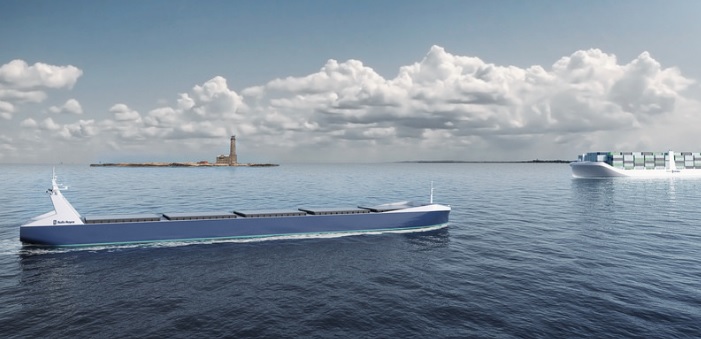UK’s maritime industry is on the verge of a technological revolution that could make shipping faster, safer and more environmentally friendly, was the key message of the Transport Secretary, Chris Grayling, outlining his vision for the UK to be at the forefront of a maritime technology revolution.
The Transport Secretary’s comments on 28 February come after the addition of the first semi-autonomous vessel to the UK Ship Register in November last year, marking the start of a potential revolution in the maritime industry. And the potential advances tie in with the ambition set out in the government’s Industrial Strategy to put the UK at the forefront of the industries of the future. In the same month, an industry-led code of practice for autonomous vessels was published by Maritime UK.
Autonomous vessels are just one example of exciting developments which could deliver huge benefits to the maritime industry. Other examples include:
- augmented reality, which could be used to train new seafaring cadets and familiarise them with vessels before they have even left the shore, improving safety
- artificial intelligence, which could plot more efficient routes, avoid severe weather, highlight disruption at ports and diagnose mechanical problems
- a rise in the number of electric and hybrid vessels, cutting down on the level of carbon emissions in the industry, and the development of low or zero emission fuels
- magnetic berthing, making the mooring process safer and more efficient
As with incidents on the road, the majority of casualties at sea are estimated to be caused by human error, which could be addressed by the new technologies. In addition, autonomous shipping could see a change in how freight is transported around the country, with coastal shipping replacing some heavy goods vehicles, taking them off the roads and reducing congestion.
Equally, the potential radical redesigns of vessels which technology could allow, and prospect of more hybrid and electric vessels coming into use, could significantly reduce carbon emissions, the Transport Secretary noted.
As a country with a proud maritime history, the UK is absolutely determined to be at the forefront of this exciting time of change in the industry. We are already working with the International Maritime Organization to pave the way for this new era of shipping and we want to work closely with the industry to ensure we are doing everything possible to allow this new technology to thrive.
The Transport Secretary’s words follow the announcement of plans for the Maritime 2050 project earlier this month, that will focus on trade, technology, infrastructure, environment, skills, safety and regulation, security and resilience. Explore more here.






























































